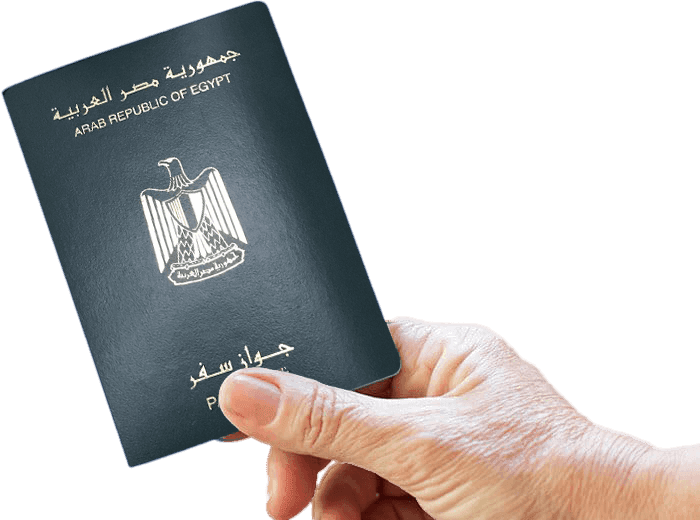Egypt employs a progressive tax system, where the tax rates increase with higher income levels.
The progressive tax system aims to achieve a fair distribution of the tax burden and ensure that higher-income individuals contribute proportionately more to government revenue.
The income tax rates for individuals range from 0% to 27.5%.
VAT -14%
Business Profits
Individuals engaged in business activities, such as self-employed professionals, freelancers, and small business owners, are required to report their business profits as part of their taxable income. Business profits are calculated by deducting business-related expenses, such as office rent, utilities, supplies, and employee salaries, from the total revenue generated by the business during the tax year.
Corporate income tax – 22.5%
Rental Income
Individuals who own residential or commercial properties and receive rental income from tenants must include this income in their tax return. However, they can also deduct certain expenses related to the rental property, such as property maintenance, repairs, and property management fees, from the rental income before calculating the taxable amount.
The real estate tax rate is 10% of the value of real estate (the calculation of the value of real estate will be different for residential and non-residential premises).
Capital Gains
Capital gains refer to the profits realized from the sale of assets, such as real estate, stocks, bonds, or other investments. In Egypt, capital gains are treated as taxable income and must be reported in the individual’s tax return. The tax treatment of capital gains varies based on the type of asset and the holding period.
Capital Gains Tax – 22.5 %
Tax Treaties and International Taxation
Egypt has entered into double tax treaties with several countries to avoid double taxation and prevent tax evasion. Expatriates working in Egypt may benefit from tax treaty provisions that exempt certain types of income from taxation or provide reduced tax rates. These provisions can significantly impact the tax liabilities of foreign nationals, making it essential for expatriates to be aware of the tax treaty benefits.
Egypt has concluded 61 Double Tax Treaties (DTC) with the following jurisdictions: 61 DTC: Albania, Algeria, Austria, Bahrain, Belarus, Belgium, Bulgaria, Great Britain, Hungary, Germany, Greece, Georgia, Denmark, India, Indonesia, Jordan, Iraq, Ireland, Spain, Italy, Yemen, Canada, China, Cyprus, Korea, Kuwait, Lebanon, Libya, Mauritius, Macedonia, Malaysia, Malta, Morocco, Netherlands, Norway, UAE, Oman, Pakistan, Palestine, Russia, Romania, Saudi Arabia, Serbia, Singapore, Syria, Sudan, USA, Tunisia, Turkey, Poland, Uzbekistan, Ukraine, Finland, France, Montenegro, Czech Republic, Switzerland, Sweden, Ethiopia, South Africa, Japan.
In addition, Egypt has signed and ratified the Multilateral Convention on the Implementation of Measures Related to Tax Agreements in order to Counteract the Erosion of the Tax Base and the Withdrawal of Profits from Taxation (Multilateral Convention to Implement Tax Treaty Related Measures to Prevent Base Erosion and profit Shifting, MLI). The multilateral Convention entered into force for Egypt on January 1, 2021.
There is no currency control.




















